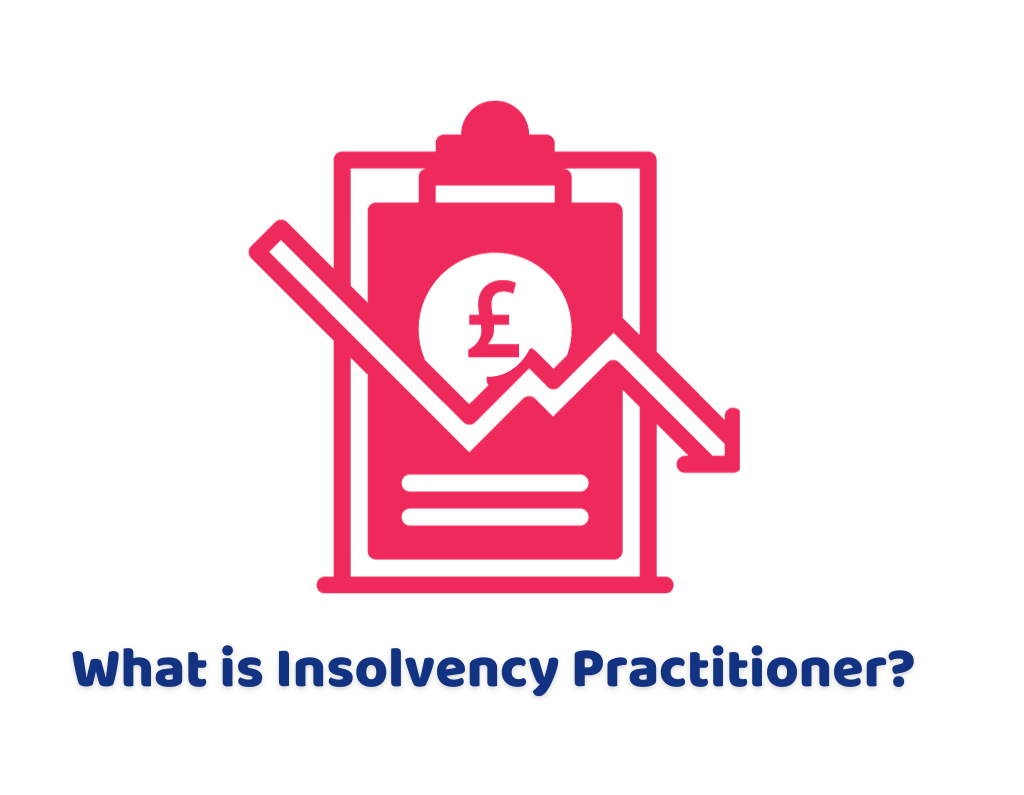Getting My Insolvency Practitioner To Work
Getting My Insolvency Practitioner To Work
Blog Article
Insolvency Practitioner Fundamentals Explained
Table of ContentsGet This Report on Insolvency PractitionerInsolvency Practitioner Things To Know Before You Get ThisThe smart Trick of Insolvency Practitioner That Nobody is Talking AboutSome Known Factual Statements About Insolvency Practitioner Insolvency Practitioner for Beginners
Whether or not you need to utilize an insolvency practitioner (IP) to liquidate your company depends upon different aspects. While involving an insolvency expert for all forms of liquidation is not a legal requirement, doing so can usually streamline the procedure and ensure conformity with lawful requirements. Liquidating a firm is a critical decision that features considerable repercussions.
It is a procedure made use of when a company does not have any type of creditors, or every one of their lenders can be repaid in full with statutory interest. Recognizing the various sorts of insolvency procedures can help you establish the very best strategy for your firm's liquidation or other official bankruptcy procedures itself.
This is obligatory in order to follow lawful needs - Insolvency Practitioner. This is since IPs have the needed certifications and experience to make certain that the liquidation procedure is performed based on all relevant legislations and guidelines. By engaging a licensed insolvency professional, you can have comfort understanding that your firm's liquidation process will be taken care of professionally and in conformity with the relevant legal requirements
Insolvency Practitioner - Questions
The insolvency professional is assigned as a liquidator and is in charge of handling the firm and liquidator's debts outstanding liabilities and properties. This procedure involves liquidating the business's assets and dispersing the earnings to creditors. Upon completion of the procedure, the firm is removed from the register at Companies House.
Failing to do so can cause individual responsibility for the company or director for the financial institution's financial obligations. Voluntary liquidation, which consists of Lenders' Voluntary Liquidation (CVL) and Participants' Volunteer Liquidation (MVL), is started by the company's supervisors and investors when they can no much longer pay their financial obligations. In a CVL, the insolvency practitioner is assigned as the liquidator, in charge of handling business financial debts and all company possessions.

8 Simple Techniques For Insolvency Practitioner
By evaluating the proficiency and experience of potential bankruptcy practitioners, you can ensure that you pick a professional that has the essential certifications to handle your business's liquidation procedure properly. While insolvency practitioner-led liquidation is often the most appropriate strategy for firms encountering insolvency, there are different techniques to consider, such as striking off and partial liquidation.
It's important to evaluate all offered choices prior to determining on go to this site the next best solution or strategy for your business. Striking off companies' registers is an extra uncomplicated and cost-effective means to close inactive or small firms without any financial obligations or properties. To strike off a business, its name is removed from the Business Home register by submitting type DS01.
Prior to going with striking off, it's essential to evaluate the advantages and drawbacks of this approach and consider whether it's the best selection for your company. Partial liquidation is another choice to bankruptcy practitioner-led liquidation, wherein a firm liquidates specific properties and liabilities while remaining to run with the continuing to be properties and liabilities.
An Insolvency Expert will be able to recommend you of the very best strategy to take and ensure that whatever runs smoothly. It is not possible to liquidate a business without a liquidator. Assigning an authorised insolvency practitioner is needed for the process of volunteer liquidation to start.
Little Known Facts About Insolvency Practitioner.
It is feasible to close and liquidate your business without utilizing a liquidator, given your business is solvent and you fulfill the qualification requirements to liquify or liquidate it. If your company is bankrupt, you may be called for to utilize a liquidator and start official bankruptcy procedures. Here are some other helpful posts regarding firm liquidation in the UK:.
Being in a setting where you're not able to pay your firm's lenders is very difficult. In an effort to stay clear of boosting the level of financial obligation, numerous companies attempt to discuss directly with their lenders and agree to a casual setup. If the debt is fairly small and owed to one creditor, and the financial institution is being cooperative, participating in an casual financial debt arrangement is possibly the very best website here option, instead than looking the web for 'a bankruptcy practitioner near me'.
On the various other hand, if there are several lenders and the level of financial obligation is large, creditors might not be so eager or cooperative. In order to prevent liquidation or personal bankruptcy, it is better to hire a bankruptcy expert to create official proposals and discuss with creditors in check your place.
Some Ideas on Insolvency Practitioner You Should Know
Whilst it is a way to manage financial obligation, there are considerable risks entailed with this type of financial obligation plan - Insolvency Practitioner. If a financial institution wants to become part of an informal plan (IA) wherein the debtor has accepted make regular, if reduced, repayments to repay the financial obligation, it is very important to stay with the arrangement

Consequently, the financial institution is within their rights to back out of the arrangement and request the courts for your firm to be sold off at any time. An official setup that has been proposed by a bankruptcy expert on your part, and concurred by a creditor, supplies a much more secure choice.
Report this page